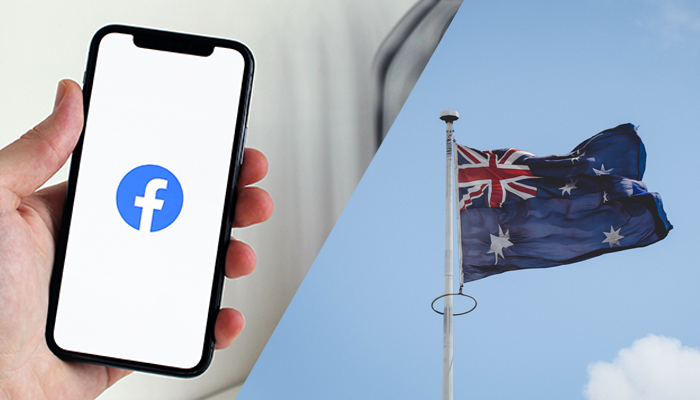Australia – In a statement Wednesday, Facebook has announced that it has decided to restrict publishers and users in Australia from sharing and viewing Australian and international news content on its platform. This is in response to the country’s proposed media bargaining law.
What this means is, aside from limited viewing, people and news organizations in Australia are now restricted from posting news links and sharing Australian and international news content on Facebook. Globally, posting and sharing news links from Australian publishers is also restricted.
The media bargaining law which was announced in December last year by Australia, requires both Google and Facebook to share a portion of their revenues with news publishers through a mandatory code of agreement.
Facebook said that the proposed law “fundamentally misunderstands” the relationship between the platform and publishers who use it to share news content.
“It has left us facing a stark choice: attempt to comply with a law that ignores the realities of this relationship or stop allowing news content on our services in Australia, ” wrote Managing Director of Facebook’s Australia and New Zealand William Easton in a blog post
Facebook has chosen the latter, which he said the platform had done it with a “heavy heart.”
The platform further shared that it has made clear to the Australian government for many months, that the value exchange between Facebook and publishers runs in favor of the publisher. Last year, Facebook said it generated approximately 5.1 billion free referrals to Australian publishers worth an estimated A$407M.
Facebook News was ready to be launched in Australia with the platform having significantly increased its investments with local publishers, however, it resulted in a suspension, with Facebook saying it was only prepared to do it with the “right rules in place.”
“We’ve long worked toward rules that would encourage innovation and collaboration between digital platforms and news organizations. Unfortunately, this legislation does not do that. Instead, it seeks to penalize Facebook for content it didn’t take or ask for,” Easton further wrote.
In the announcement, Facebook gave an itemized list of the features of the restriction:
For Australian publishers:
• Restriction from sharing or posting any content on Facebook Pages
• Admins will still be able to access other features from their Facebook Page, including Page insights and Creator Studio
• Facebook will continue to provide access to all other standard Facebook services, including data tools and CrowdTangle
For international publishers:
• Publishers can continue to publish news content on Facebook, but links and posts can’t be viewed or shared by Australian audiences
For our Australian community:
• Australians cannot view or share local or international news content on Facebook or content from local and international news Pages
For our international community:
• Viewing or sharing of Australian news content on Facebook or content from Australian News Pages is prohibited
Amid the restriction, Facebook reassured that the changes affecting news content will not halt its products and services in Australia, as it will continue to assist users to connect with friends and family, grow their businesses, and join groups to help support their local communities. Also, Facebook will remain committed to its third-party fact-checking program, Agence France-Presse, and will continue to invest and support the important work of the Australian Associated Press.


